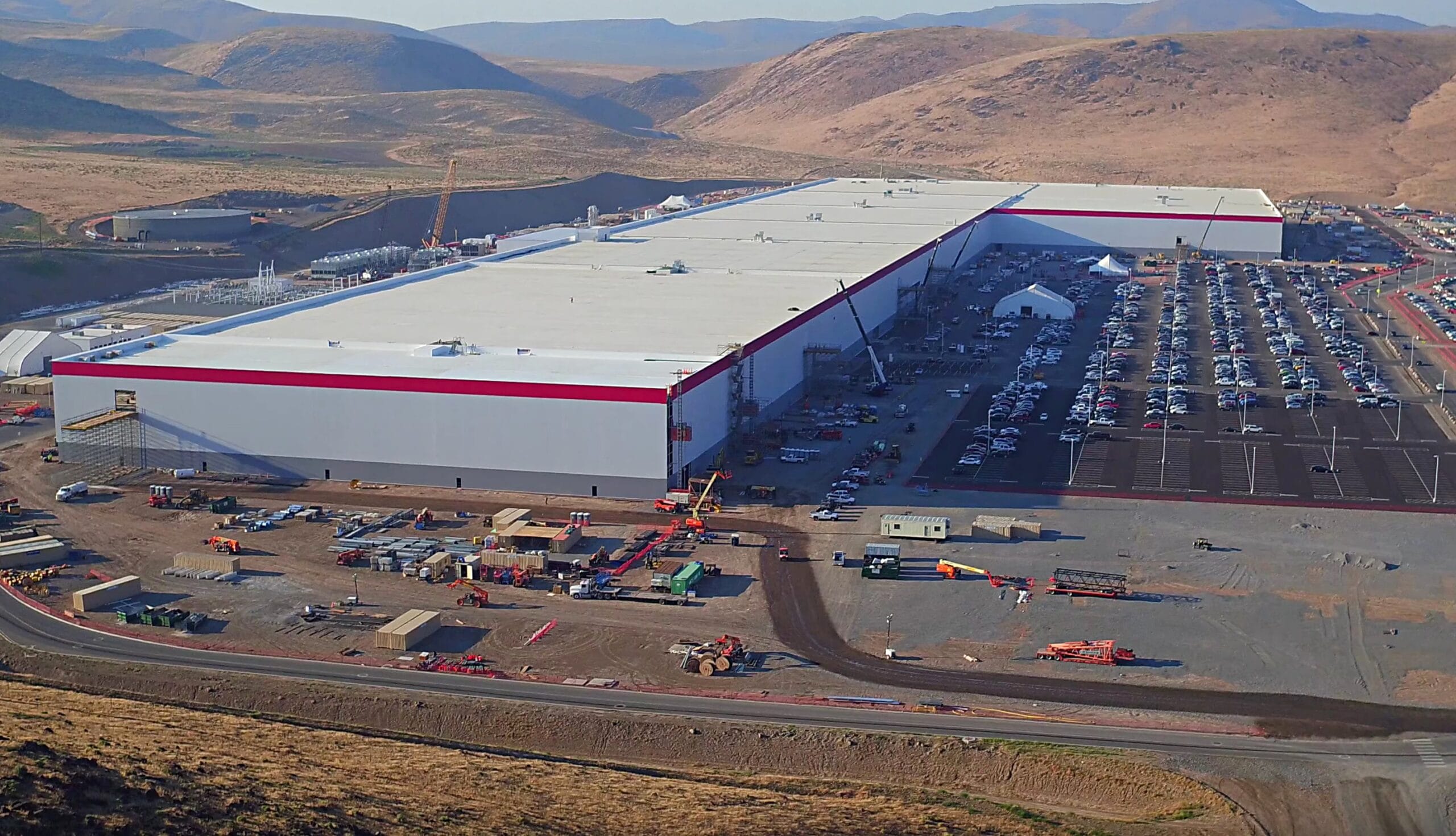Disagreement within the MAGA Movement Regarding Foreign Worker Visas
The MAGA movement, a significant force in contemporary American politics, is experiencing internal friction over the complex issue of foreign worker visas. This disagreement underscores the multifaceted nature of immigration policy and its economic consequences, revealing a spectrum of opinions within a group often perceived as monolithic on immigration matters.
The core of the disagreement stems from the tension between the desire for tighter border security and the recognition of the economic contributions of foreign workers in certain sectors. Proponents of stricter immigration controls often emphasize national security concerns and the potential strain on social services. They argue that prioritizing American workers is paramount and that an influx of foreign labor can depress wages and displace domestic employees. These viewpoints often highlight concerns about the potential impact on the American workforce and the perceived need to protect American jobs.
Conversely, other voices within the MAGA movement acknowledge the crucial role foreign workers play in filling labor shortages in various industries. These sectors, often facing significant worker deficits, rely on foreign workers to maintain operations and meet consumer demand. Agriculture, hospitality, and technology are examples of industries where foreign workers fill critical roles. The argument presented by this faction emphasizes the economic benefits derived from foreign labor, such as increased productivity and economic growth. They argue that a complete shutdown of foreign worker visas could have detrimental effects on the economy, potentially leading to production slowdowns and price increases.
This internal debate is not merely an ideological clash; it also reflects the economic realities faced by different regions and communities across the United States. Areas heavily reliant on agriculture or tourism, for instance, may be more inclined to favor policies that allow for a continued influx of foreign workers. Conversely, regions with higher unemployment rates may be more likely to support stricter immigration controls. This geographical variation in perspectives further complicates the issue, making a unified MAGA stance on foreign worker visas difficult to achieve.
The discourse surrounding foreign worker visas also touches upon the broader debate regarding immigration reform. Some within the MAGA movement advocate for a comprehensive overhaul of the immigration system, while others prioritize specific aspects, such as border security or visa allocation. This lack of a cohesive approach contributes to the internal divisions and makes it challenging to formulate a unified policy position.
Furthermore, the economic arguments surrounding foreign worker visas are complex and often involve competing data and interpretations. Studies on the impact of foreign workers on wages and employment vary widely, making it difficult to draw definitive conclusions. This ambiguity fuels the ongoing debate and makes it challenging to reach a consensus within the MAGA movement or beyond.
The ongoing debate within the MAGA movement over foreign worker visas highlights the intricate relationship between immigration policy, economic considerations, and national security concerns. It underscores the fact that the issue is not simply about border security but also encompasses complex economic realities and the need to balance competing interests. The internal disagreements within this influential political movement reveal the lack of a simple or universally accepted solution to this multifaceted issue. The resolution of these internal tensions will likely shape the future direction of the MAGA movement’s approach to immigration policy and its overall political strategy. The ongoing discussion will undoubtedly continue to influence the national conversation surrounding immigration reform and its impact on the American economy and society.


